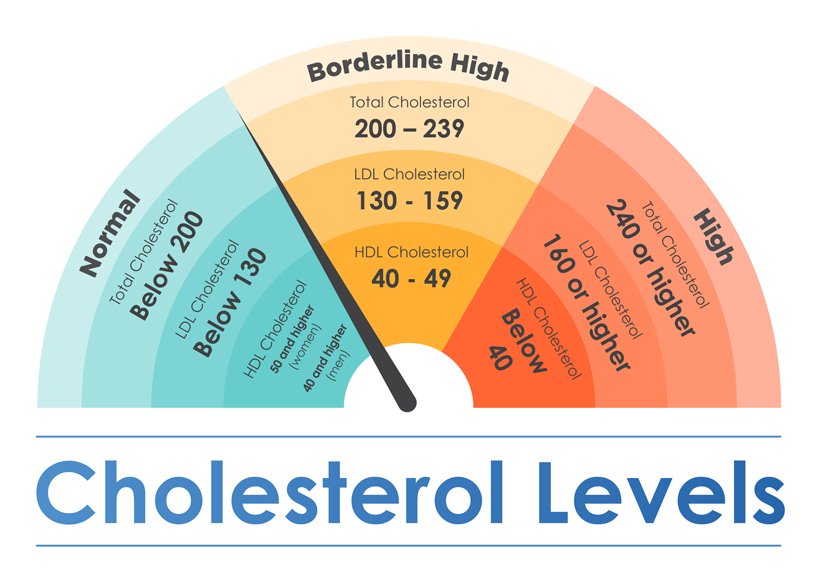High cholesterol is a health indicator that many people face. It refers to elevated levels of a waxy substance in the blood, which can contribute to the buildup of plaque in arteries. Managing high cholesterol is a common goal for maintaining long-term health, and several practical strategies may help address it. Understanding these approaches can empower you to take informed steps toward managing your levels.
How Can Diet Improve Levels?
Dietary choices play a significant part in managing cholesterol. The foods you eat can directly influence the amount of certain fats circulating in your bloodstream. Focusing on a dietary pattern rich in specific nutrients can support your body’s ability to maintain healthier cholesterol levels. Here are a few dietary adjustments that may help:
- Increase Soluble Fiber: Foods like oats, barley, apples, and beans contain soluble fiber. This type of fiber binds to cholesterol in the digestive system and helps remove it from the body.
- Choose Healthier Fats: Monounsaturated and polyunsaturated fats, found in avocados, nuts, and olive oil, can support healthy cholesterol levels. Limiting saturated fats, often present in red meat and full-fat dairy, is also beneficial.
- Incorporate Plant Sterols and Stanols: These compounds are found in small amounts in plant-based foods. Some food products, like certain margarines and yogurts, are fortified with them to help reduce cholesterol absorption.
By consistently incorporating these types of foods into your diet, you can have a positive impact on your cholesterol profile. These adjustments do not need to be overwhelming. You can start by making small, gradual changes to your daily eating habits.
Does Exercise Reduce High Cholesterol?
Regular physical activity is another effective way to manage high cholesterol. Exercise can influence how your body processes fats and cholesterol. Consistent movement helps stimulate enzymes that assist in moving LDL (low-density lipoprotein) cholesterol from the blood to the liver, where it can be processed or removed.
Engaging in moderate-intensity aerobic exercise, such as brisk walking, swimming, or cycling, for at least 150 minutes per week is a common recommendation. This level of activity may help raise HDL (high-density lipoprotein) cholesterol, often referred to as “good” cholesterol, which helps clear LDL from the arteries. The key is to find an activity you enjoy, which makes it easier to stick with a routine. Consistency is more impactful than intensity when you are just beginning.
Do Medications Help?
If lifestyle changes aren’t enough to lower your cholesterol, your doctor might recommend medication. These treatments work in different ways to help manage your cholesterol levels and are most effective when combined with a healthy diet and regular exercise. Your doctor will select the most suitable medication based on your individual health needs. Here are some common types:
- Statins: These are the most common cholesterol-lowering drugs. They work by blocking an enzyme in your liver that produces cholesterol, which helps lower your LDL levels.
- Cholesterol Absorption Inhibitors: This medication reduces the amount of cholesterol your body absorbs from the food you eat.
- Bile Acid Sequestrants: These drugs help your liver remove more LDL cholesterol from your blood.
- PCSK9 Inhibitors: These are powerful injectable medicines that help the liver absorb more LDL cholesterol, significantly lowering your numbers.
The specific medication prescribed will depend on your cholesterol levels, overall health, and other risk factors. Follow your doctor’s guidance and continue with your lifestyle changes to get the best results.
Consult a Specialist
Managing high cholesterol is a personalized process, and what works for one person may not be suitable for another. A healthcare provider can offer guidance tailored to your specific needs and health status. They will help you develop a comprehensive plan that may include dietary changes, a physical activity regimen, or medication. Schedule an appointment with a specialist to discuss your cholesterol levels and create a personalized, safe, and effective management strategy.
Social Sharing
Your Content Goes Here
Latest Posts



